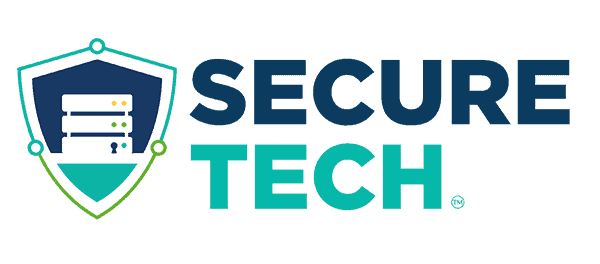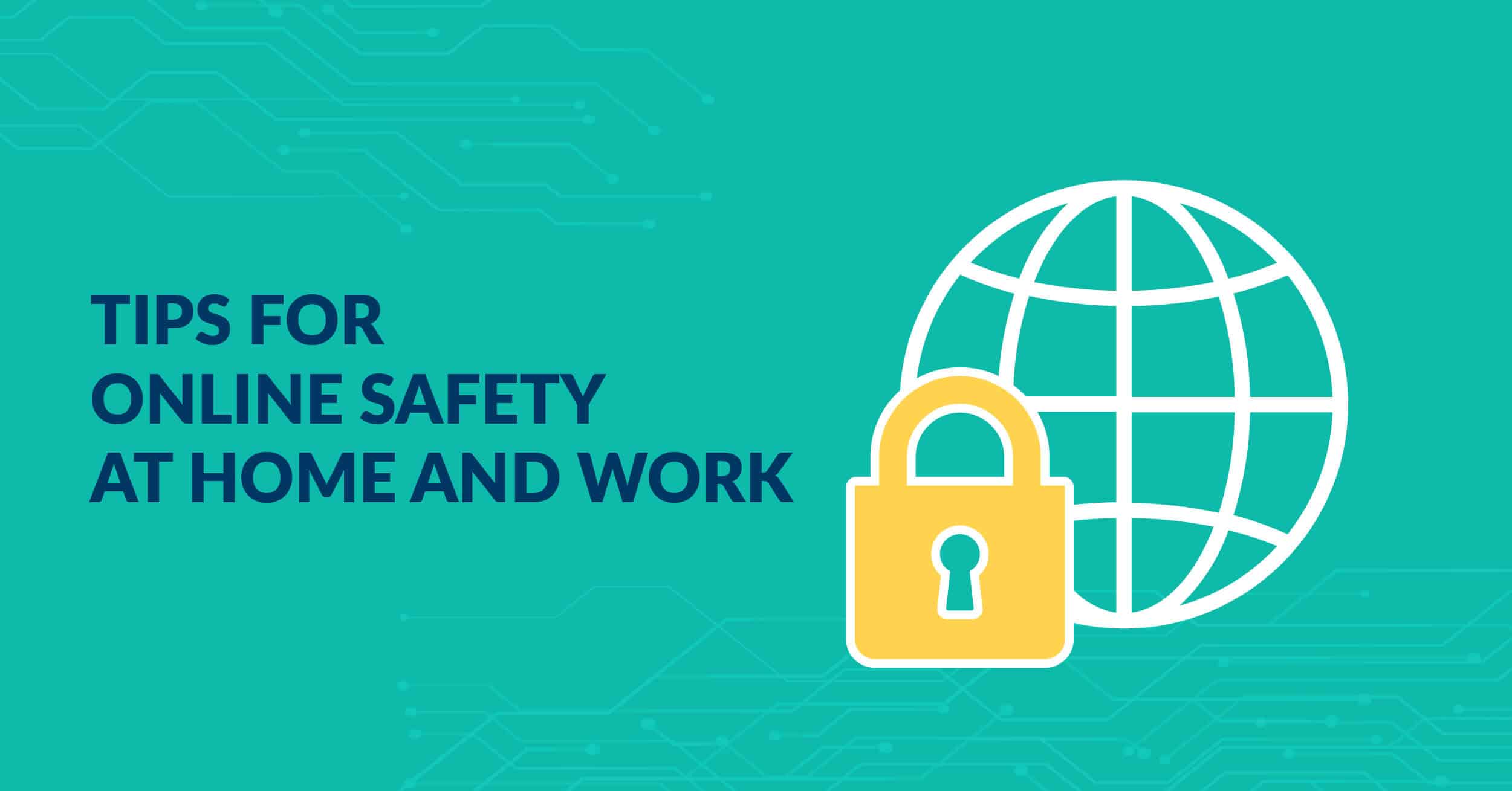Safety Tips on Internet. Data breaches in United States were reported by around 30 percent of businesses, and 40 percent of executives reported virus and worm attacks. With cybercrime at an all-time high, possessing a strong cybersecurity infrastructure is vital. Due to the rise of cybercrime, understanding how to keep your company safe from cyber attacks by making use of best Internet Safety Tips is more important than ever. There is when cybersecurity consulting firms come up as a good choice to keep your business secure online and operating.
Top 5 Internet Safety Tips in 2022
1. Password Hygiene and Two-factor authentication
Using good password hygiene is and will always be relevant. Good password hygiene means using passwords that are both complex and distinct for each account. Password management tools that generate and save passwords can help businesses and individuals maintain good password hygiene.
For network, application and account access, two-factor authentication is now a necessity. Requiring two different steps to identity verification will greatly reduce the chance of an account being compromised. Usually, two-factor authentication involves a “knowledge factor” (a password or PIN) in addition to a possession factor (a physical device), inherent factor (biometrics) or location factor (geographic location of the login attempt).
2. Network security and firewalls
Many businesses and individuals have secure account information but neglect one important detail: network security. For businesses, network security means making sure connections are secure and using password-protected routers. For individuals, it’s important to be wary of public Wi-Fi, since cyber criminals can easily access devices and information through unsecured networks.
Businesses should still use firewalls even if they think their networks are secure. Because firewalls can be annoying to navigate or reduce the ease of use of certain applications, ignoring them can be tempting. However, in an era of smart technology and the internet of things, firewalls are a basic requirement.
3. Keep software up to date
High-profile data breaches have become a common event. In 2017, a data breach at Equifax exposed the personal information of around 148 million individuals. Yahoo revealed that multiple data breaches had compromised all 3 billion of the company’s user accounts in 2013. In 2018, data breaches at Quora and Marriott jeopardized the personal information of around 600 million individuals.
More often than not, the reason for these data breaches is shockingly simple: businesses frequently neglect to patch open, critical vulnerabilities within applications and software systems.
For both businesses and individuals, patching software consistently is a bare minimum. It’s important to remember that vendors are typically responsible for offering patches for their software. If a vendor is notorious for ignoring critical vulnerabilities or neglects to patch their products consistently, avoiding them is probably wise.
4. Be careful what you click on
Today, phishing and social engineering are responsible for most cyberfraud. Individuals should constantly be aware of what they’re clicking on. Anything that asks an individual to reveal personal or sensitive information should be avoided. Remember, if something sounds too good to be true, it usually is. Spam emails, clickbait surveys, and “free” gift cards are all popular ways for cybercriminals to access personal information.
5. Get security help from the experts
Concerned about the security of the networks or data at your organization? We can help! For over 20 years, SecureTech is one of the best cybersecurity consulting firms in San Antonio, Texas and has been helping businesses small and large design, install and maintain secure computer networks. To know safety tips on internet and learn more about what SecureTech can do for you, click here.

